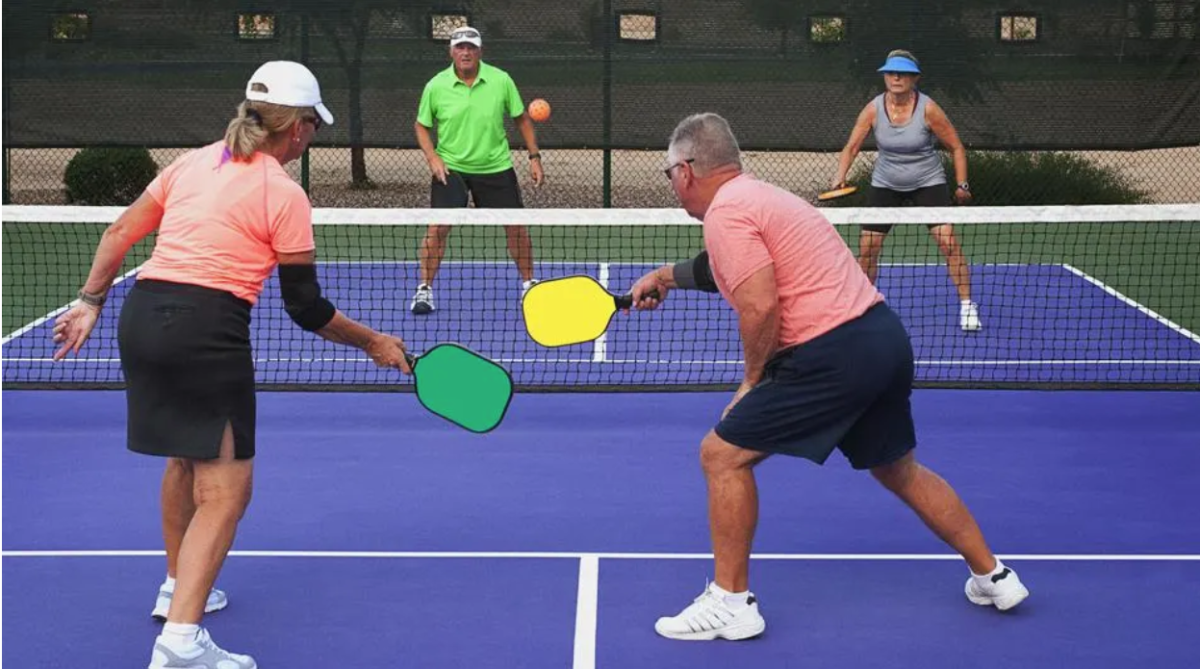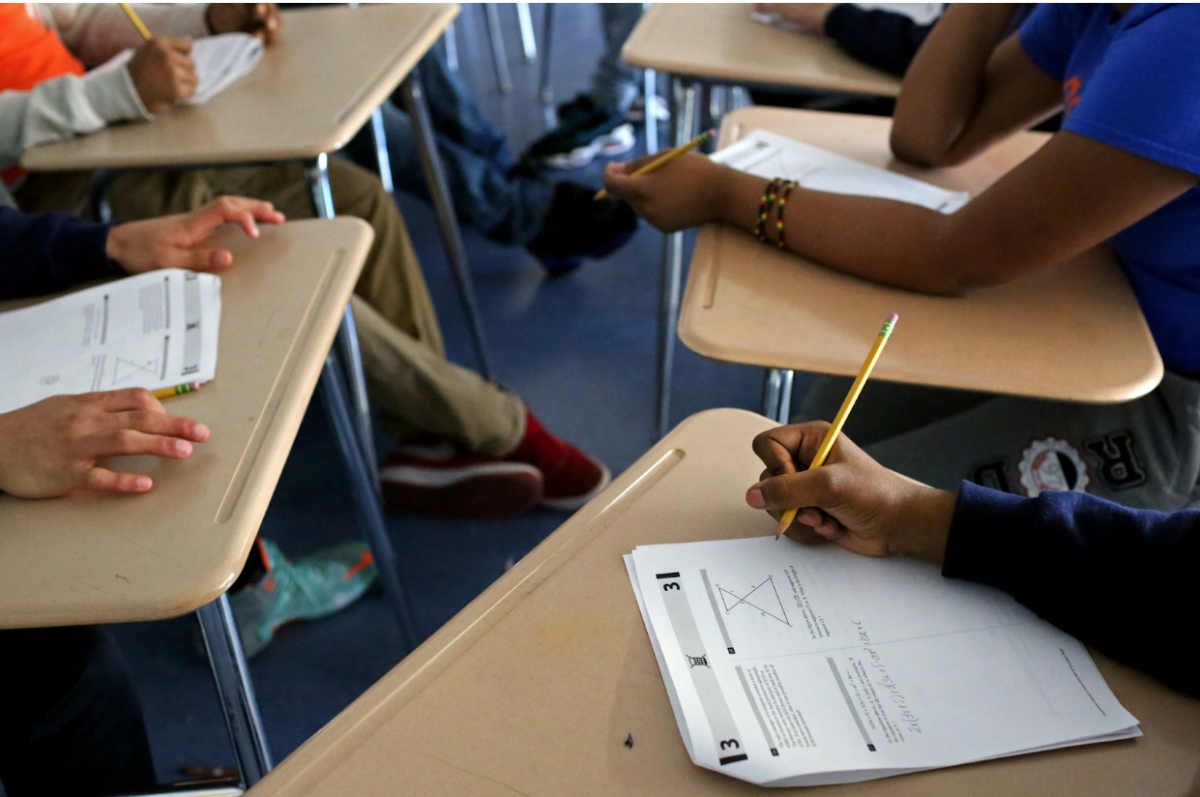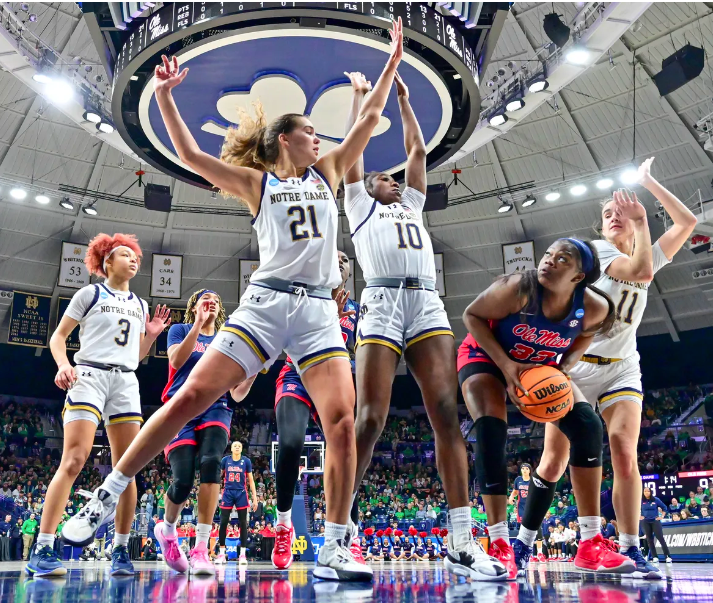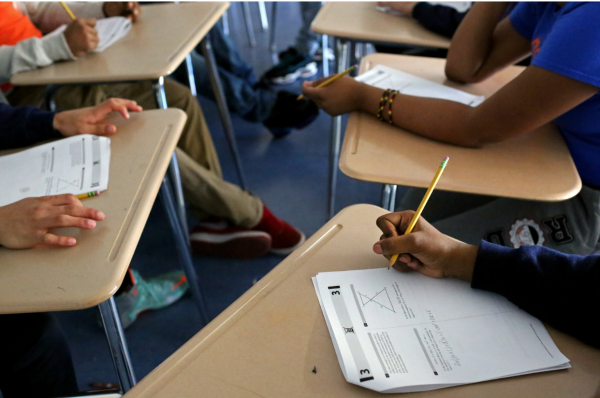“Next-Generation” MCAS: HHS Sophomores Prepare for Online Testing
Ms. Roth’s sophomore English class reviews sample MCAS essays in advance of taking the updated test this year.
March 25, 2019
It’s D block on Friday at HHS, and Ms. Roth is walking her sophomores through how to write an English MCAS essay. Cloistered in groups of four or five, the students are deciding what grades they would assign to a set of example responses. In the corner is a cart of Chromebooks- a looming reminder of the testing they will experience next week.
In his back-to-school update for the 2018 to 2019 school year, MA Department of Education Commissioner Jeffrey C. Riley confirmed that all Massachusetts tenth graders will take the state’s standardized test, MCAS, online this year. The change comes as part of the DOE’s rollout of a “Next-Generation MCAS” built upon “the best aspects of the MCAS assessments,” according to a statement on the agency’s website. But with the test shifting to an online format, students- and their teachers- are having to make adjustments.
Ms. Roth says she has not altered how she teaches her sophomores, but she feels more pressure this year to familiarize her students with the new format. “While it hasn’t changed how I teach, it definitely has taken time away from other things that I teach,” she asserts.
Beyond taking more time to prepare, Ms. Roth has been struggling to help her students translate their skills into an online format. She explains, “We teach students to mark up a paper text, to annotate a paper text, to take notes in the margins, to underline, and this process mostly negates that.” Roth notes the online test allows students to virtually highlight text, calls this feature “counterintuitive. One of her students, sophomore Rhiannon Peacock, says the highlighting tool is “tedious and difficult.”
Sophomore Pria Parker has her own concerns. “Personally, I’m not the best at typing, and it’s easy to make typos. I think it’s hard to judge how much space you have as well, so it just kind of throws you off,” she shares. Ms. Roth echoes some of these sentiments in class, explaining to students they may have to remove paragraph breaks in their essays due to the 5,000-character limit for open response questions. She further discloses, “I’ve heard many students themselves saying, ‘I just don’t like reading on a screen.’”
All told, Ms. Roth and her sophomores are actively adjusting to the exam changes. And, because HHS has fleets of Chromebooks and computers, the school should have the technological capacity to handle the changes.
As this is the first year with updated MCAS, the effects of the new format remain to be seen. Statewide, the new test may push the technological capacities of school districts, and concerns about privacy and cheating may arise after test results roll in. The MA DOE has set the total points available at 59, but not clarified a passing score, likely in order to give graders flexibility in assessing what success looks like with an online format.
The questions this format raises will likely be answered, at least in part, in the wake of MCAS testing next week. HHS sophomores will take the test Tuesday and Wednesday. Sitting in her classroom, Ms. Roth admits she has concerns about statewide rollout of the new test, but few concerns for her own students. “I’m confident that the expectations of the test will be met by our students, but I just think it’s gonna be more frustrating than it needs to be.”





























